The John Rylands Library is a Victorian Gothic building on Deansgate in Manchester, England. The library, which opened to the public in 1900, was founded by Mrs Enriqueta Augustina Rylands in memory of her late husband, John Rylands. Since July 1972 the building has served as the Special Collections section of the John Rylands University Library.By the 19th century Manchester had become a prosperous textile manufacturing town and the demands of cotton manufacturing stimulated the growth of engineering and chemical industries. The town had become ‘abominably filthy’ and was ‘often covered, especially during the winter, with dense fogs … there is at all times a copious descent of soots and other impurities’. This, along with the overcrowded site, created many design problems for the architect. During the century most textile manufacture tended to move to newer mills in the other towns of the district while Manchester itself remained the centre of trading in cotton goods both for the home and foreign trades. Pollution from the burning of coal and gas remained a considerable nuisance even in the 1890s.The site, chosen by Mrs. Rylands to be in a central and fashionable part of the city, was awkward in shape and orientation and surrounded by tall warehouses, derelict cottages and narrow streets. The proposed position was criticised by many for its lack of surrounding space and the fact that the valuable manuscript collections were to be housed in “that dirty, uncomfortable city… not enough light to read by, and the books they already have are wretchedly kept” (written in 1901 about the Crawford MSS.) Mrs. Rylands had negotiated Deeds of Agreement with her neighbours to fix the heights of future adjacent buildings. The permissible height of the buildings on the library site was fixed at just over thirty-four feet, but it was suggested that it could be taller at the centre if there was an open area around the edges, at the height of the buildings that had been demolished to make way for the construction. Champneys incorporated this suggestion into his design, building the two towers of the main facade twelve feet back from the boundary and keeping the entrance block low, to allow light into the library. He also designed the building in a series of tiered steps with an almost flat roof to give a ‘liberal concession’ to the neighbours’ ‘right to light’. When the library was opened, the main reading room on the first floor, thirty feet above the ground and twelve feet from all four boundaries, was noted for the pleasant contrast between the ‘sullen roar’ of Manchester and the ‘internal cloister quietude of Rylands’. It was lit by oriel windows in the reading alcoves supplemented by high clerestory windows along both sides.
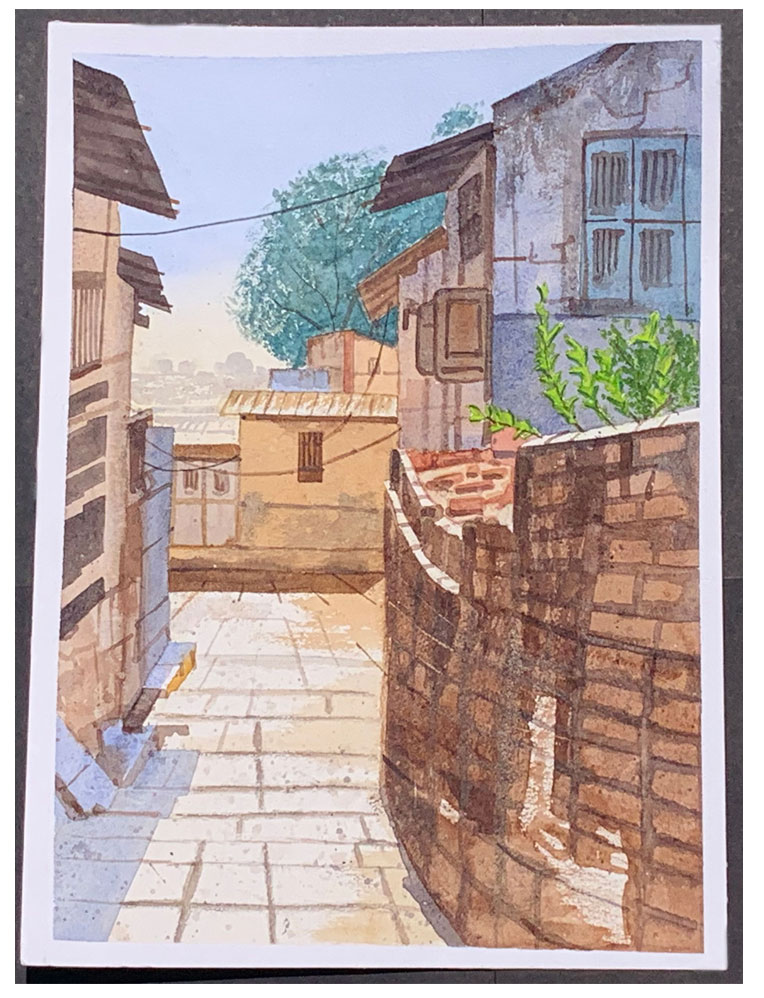
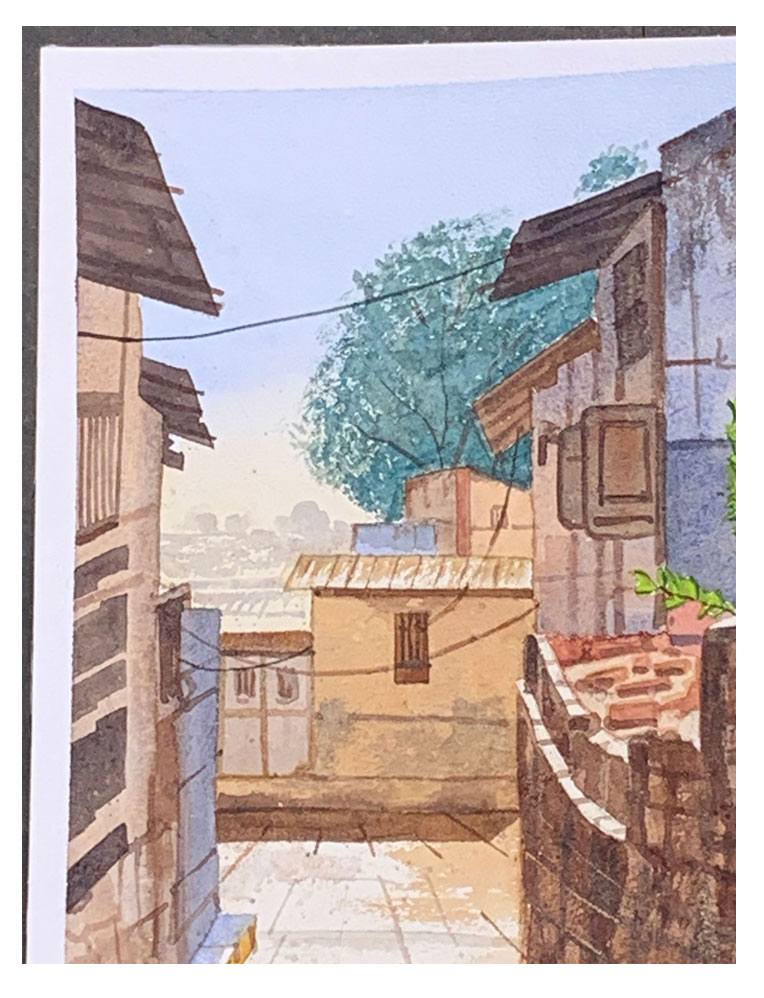

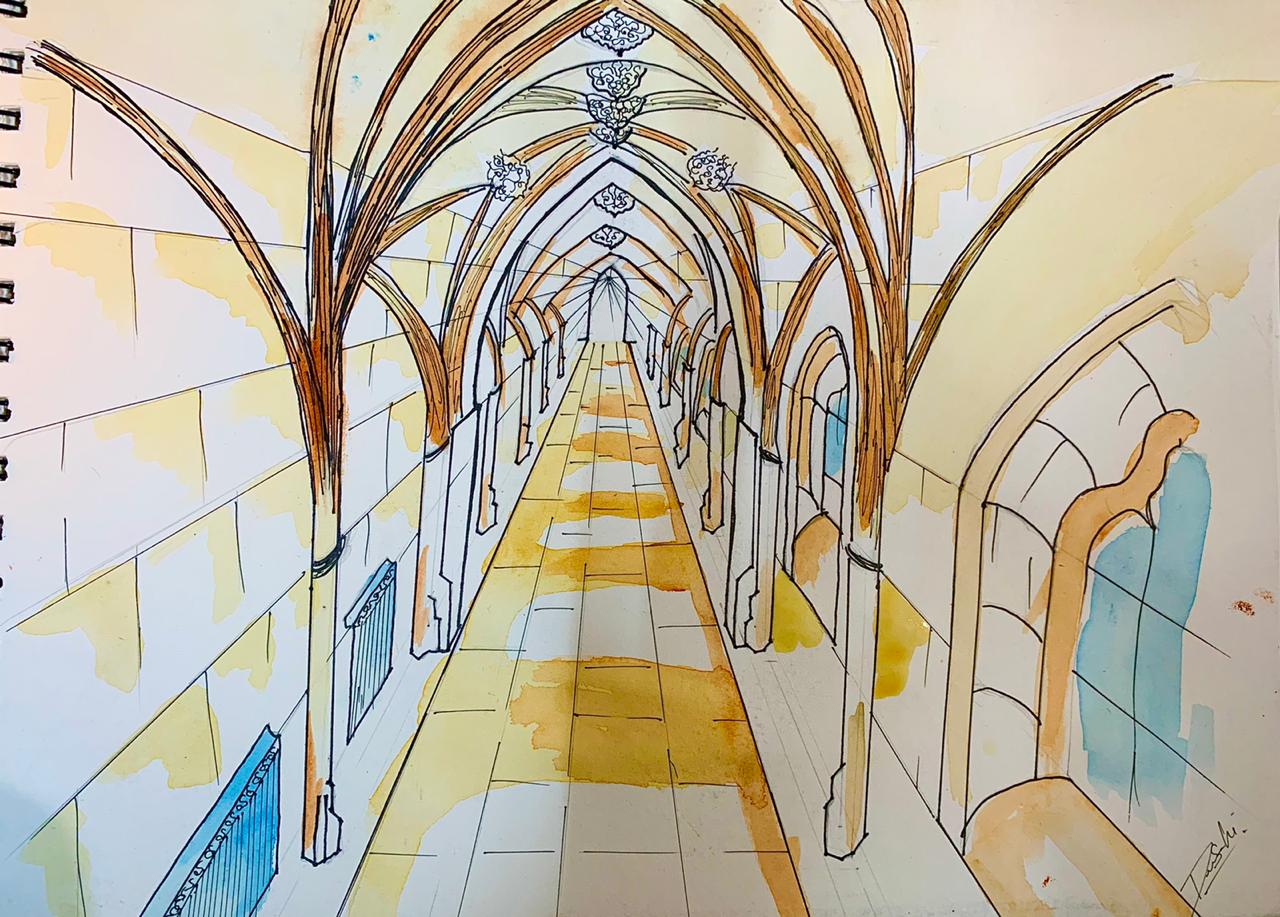
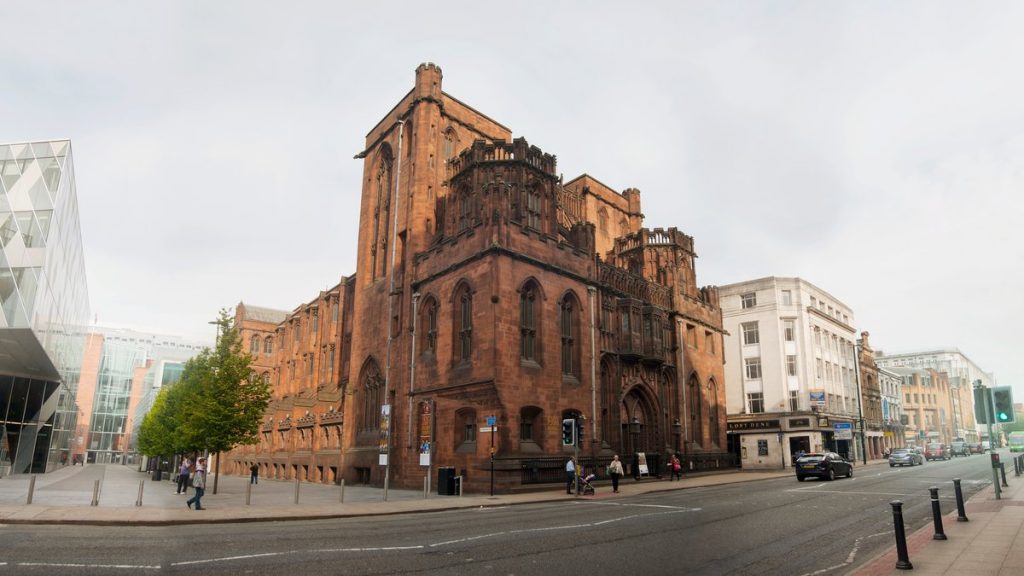
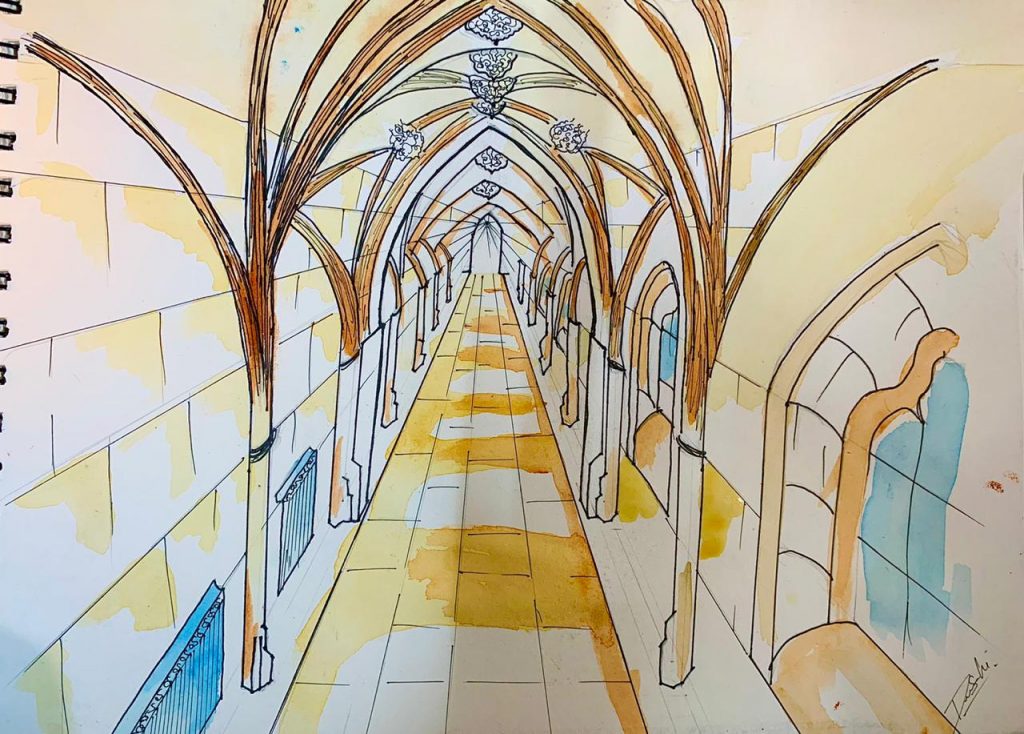
3 Comments
Chris Johnson
Lorem ipsum dolor sit amet, consectetur adipiscing elit. Etiam blandit sem vel neque iaculis, vitae tempus lacus pellentesque. Nullam sed est vel massa laoreet varius. Sed euismod arcu ante, ac lacinia nunc venenatis eget. Sed bibendum, turpis vitae dapibus venenatis, urna ex blandit felis, eu faucibus mi sapien non velit. Aenean eu tempor lectus. Nulla bibendum, ipsum maximus facilisis ultrices, arcu augue.
Eddie Barkley
Lorem ipsum dolor sit amet, consectetur adipiscing elit. Etiam blandit sem vel neque iaculis, vitae tempus lacus pellentesque. Nullam sed est vel massa laoreet varius. Sed euismod arcu ante, ac lacinia nunc venenatis eget. Sed bibendum, turpis vitae dapibus venenatis, urna ex blandit felis, eu faucibus mi sapien non velit.
John Doe
Lorem ipsum dolor sit amet, consectetur adipiscing elit. Etiam blandit sem vel neque iaculis, vitae tempus lacus pellentesque. Nullam sed est vel massa laoreet varius. Sed euismod arcu ante, ac lacinia nunc venenatis eget. Sed bibendum, turpis vitae dapibus venenatis, urna ex blandit felis, eu faucibus mi sapien non velit.